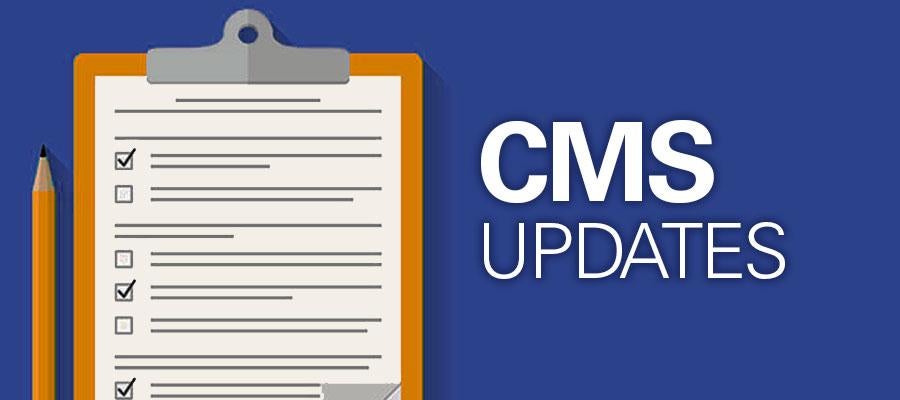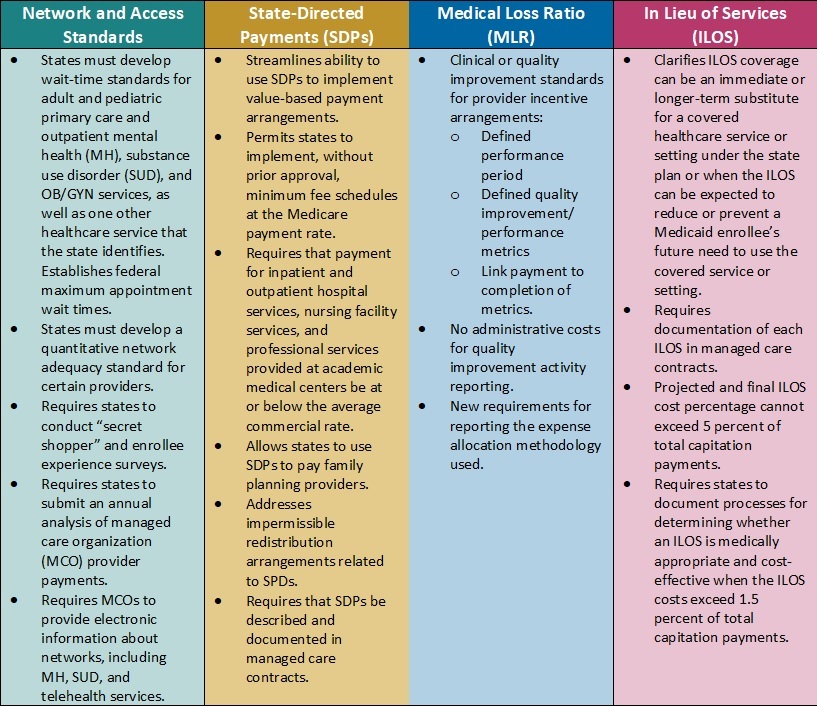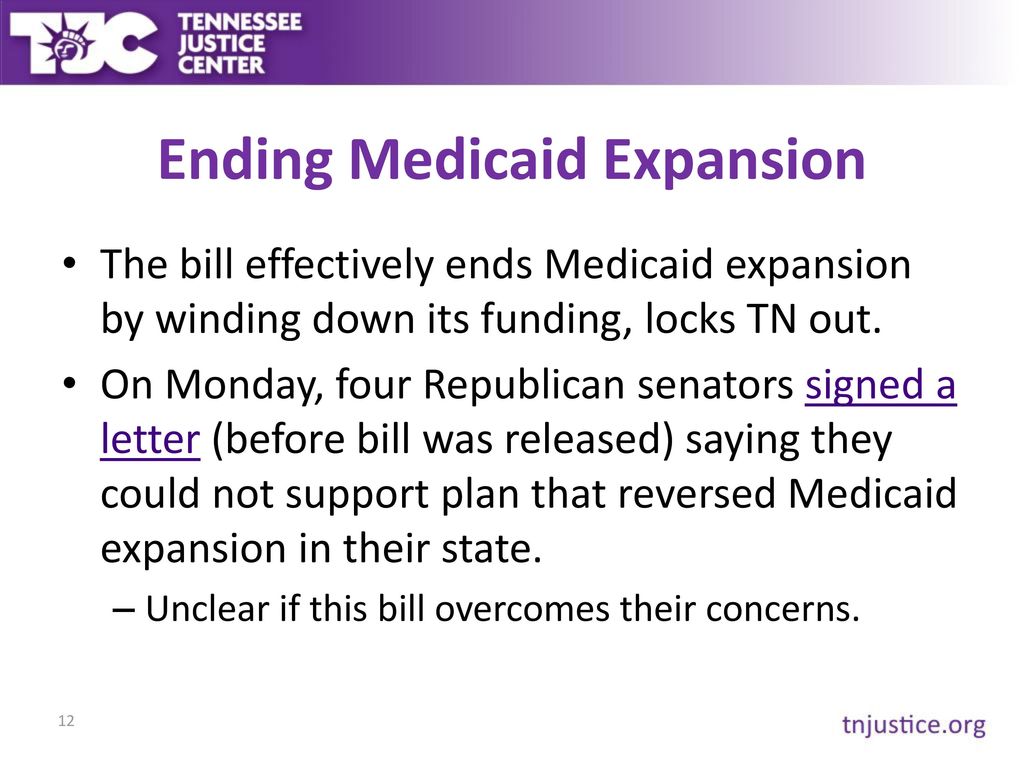
The Centers for Medicare and Medicaid Services (CMS) has recently announced plans to end federal funding for certain state health programs, leaving many wondering about the impact on Medicaid recipients and the healthcare industry as a whole. In this article, we will delve into the details of the CMS decision, its potential consequences, and what it means for state health programs.
Background: Medicaid and Federal Funding
Medicaid is a joint federal-state program that provides health coverage to low-income individuals and families. The program is funded by both the federal government and individual states, with the federal government covering a significant portion of the costs. The federal funding is typically provided through the Federal Medical Assistance Percentage (FMAP), which varies from state to state.
The CMS Decision: Ending Federal Funding for Certain State Health Programs
The CMS has announced that it will be ending federal funding for certain state health programs, including those that provide coverage for non-emergency medical transportation and other services. This decision is expected to affect several states, including those with high Medicaid enrollment rates. The CMS has cited budget constraints and the need to prioritize essential healthcare services as the reasons behind this decision.
Potential Consequences: Impact on Medicaid Recipients and State Health Programs
The CMS decision to end federal funding for certain state health programs is likely to have significant consequences for Medicaid recipients and the healthcare industry. Some of the potential consequences include:
Reduced access to healthcare services: The loss of federal funding may force states to reduce or eliminate certain healthcare services, including non-emergency medical transportation, dental care, and vision care.
Increased costs for states: States may be required to absorb the costs of these services, which could lead to increased taxes or reduced funding for other essential healthcare programs.
Impact on vulnerable populations: Medicaid recipients, including low-income individuals and families, may be disproportionately affected by the loss of federal funding, as they rely heavily on these services.
What's Next: Potential Solutions and Alternatives
While the CMS decision may seem daunting, there are potential solutions and alternatives that states and healthcare providers can explore. Some of these include:
Seeking alternative funding sources: States may be able to secure funding from other sources, such as private foundations or philanthropic organizations.
Implementing cost-saving measures: Healthcare providers may be able to reduce costs by implementing efficiency measures, such as telemedicine or care coordination programs.
Advocating for policy changes: Healthcare advocates and providers can work together to advocate for policy changes that prioritize Medicaid funding and protect vulnerable populations.
The CMS decision to end federal funding for certain state health programs is a significant development that will have far-reaching consequences for Medicaid recipients and the healthcare industry. While the decision may seem challenging, there are potential solutions and alternatives that can help mitigate the impact. As the healthcare landscape continues to evolve, it is essential to stay informed and advocate for policies that prioritize access to essential healthcare services.
By understanding the CMS decision and its potential consequences, we can work together to ensure that Medicaid recipients and vulnerable populations continue to receive the healthcare services they need. Whether you are a healthcare provider, advocate, or simply a concerned citizen, it is essential to stay engaged and informed about the latest developments in the healthcare industry.








